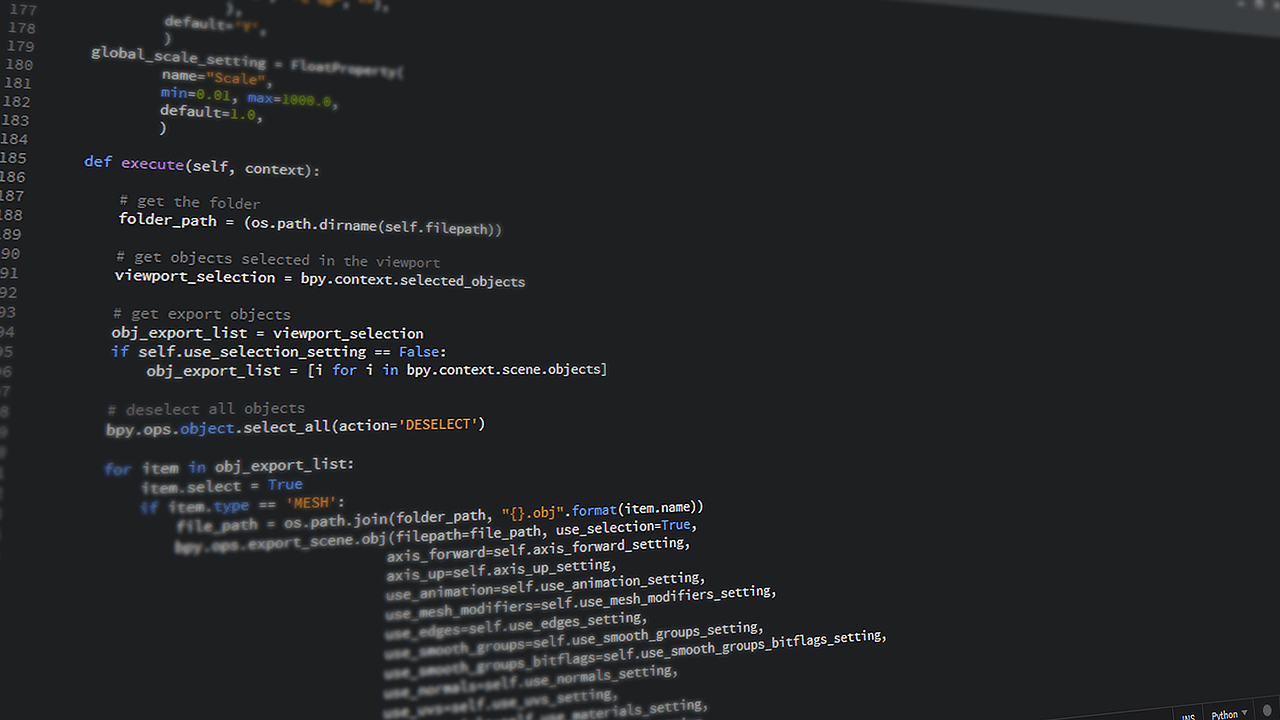Do you want to learn about website maintenance? If yes, this article contains everything you need about website maintenance.
Your business website is the bedrock of your online presence, offering visitors vital information about your company and facilitating transactions. However, if your website needs to be updated or fixed, you risk missing out on valuable opportunities, including potential leads and sales.
With 94% of first impressions tied to web design, an outdated or dysfunctional website can leave visitors with a negative perception of your business, mainly if you operate an e-commerce platform and encounter functionality issues. Regular website maintenance is crucial to prevent such problems and ensure your website remains effective.
As a small business owner, maintaining a website is essential for success, as it is a primary marketing tool and the initial point of contact with potential customers. However, like any tool, a website requires ongoing upkeep to stay current and secure.
READ ALSO: Best Strategies for Small Business Website Design 2024:Know All
What is Website Maintenance?
Website maintenance involves monitoring web traffic, updating content, and ensuring security features are current. Neglecting these maintenance tasks can result in various issues, including slow loading times, broken links, security breaches, and decreased search engine rankings.
Importance of Website Maintenance
Website maintenance is vital for the success and reputation of your business, covering various essential aspects:
- Security: Regular maintenance protects your website from cyber-attacks, hacking, and data breaches, ensuring the safety of your business and customers’ data.
- Performance: Optimization of website performance enhances user experience, reducing bounce rates and improving conversion rates.
- Search Engine Optimization (SEO): Keeping your website updated with SEO best practices boosts its visibility and ranking on search engines by driving organic traffic and potential leads.
- Brand Image: A well-maintained website portrays professionalism, reliability, and trustworthiness, positively impacting your brand’s image.
- Cost-effectiveness: Regular maintenance prevents significant issues, saving money by avoiding expensive fixes and potential revenue loss.
- Regular Backups: Protect your data by backing up your website regularly to protect against unforeseen events like server crashes or hacking.
- Website Speed Optimization: Monitor and improve website speed for better user experience and SEO performance.
- Content Updates: Keep your website more engaging by updating content regularly, including blog posts, product descriptions, and multimedia.
- Analytics Monitoring: Utilize website analytics tools to track performance metrics and make informed optimization decisions.
- Software Updates: Ensure your website software, including CMS, plugins, and themes, is up-to-date to maintain security and performance standards.
- Security Checks: Regularly check for vulnerabilities and malware threats to address them promptly.
- Functionality Testing: Test website functionality regularly to ensure all features work correctly, enhancing user experience and SEO rankings.
Various Types of website maintenance
Keeping your website in good shape is super important to avoid problems, make it easy for people to use, and ensure it shows up well in online searches. Even though it feels like a big job, ensuring everything runs smoothly is crucial. Here’s a rundown of the different things you should do to keep your website working well:
Security Updates:
Installing patches promptly addresses vulnerabilities, safeguarding your site from potential hacker attacks.
Plugin and Theme Updates:
Keep plugins and themes up-to-date to maintain compatibility and security with the latest web browsers.
Content Updates:
Regularly refreshing content ensures relevance and accuracy, enhancing your site’s professionalism and attracting potential customers.
Backup and Disaster Recovery:
Having recent backups and disaster recovery plans prevents data loss and facilitates quick restoration in emergencies.
Performance Monitoring and Optimization:
Monitoring and optimizing performance improve site speed and responsiveness, enhancing user experience.
Security Scanning:
Regular security scans identify and fix vulnerabilities, ensuring site and user safety.
User Management:
Managing user accounts and permissions and cleaning out spam accounts maintains site integrity.
Accessibility Testing:
Testing ensures your site is usable for everyone, including those who are disadvantaged or using mobile devices.
Uptime Monitoring:
Monitoring uptime ensures your site is available to users whenever they need it.
Monitor Search Engine Rankings:
Tracking ranking, backlinks, and traffic helps maintain visibility and identify areas for improvement.
Support and Maintenance Plans:
Signing up for a maintenance plan ensures comprehensive support, including hosting, SSL certification, and email support, to keep your site up-to-date and secure.
How to Conduct Website Maintenance?
Regular maintenance is vital for maintaining your website’s top performance. Here are some tips to keep your website maintenance effective.
Enhance Visual Appeal:
Incorporate visuals like images, videos, and infographics to make your pages more attractive and user-friendly, following principles of visual hierarchy for better organization.
Fix Broken Links:
Broken links lead to poor user experience. Regularly check and fix broken hyperlinks to ensure smooth navigation on your site.
Browser Compatibility Testing:
Ensure your website works properly across different browsers by testing it on Chrome, Firefox, and Safari.
Statistical Analysis:
Analyze metrics like monthly active users, demographics, page views, and conversion rates to inform content creation and improve traffic quality.
By incorporating these tasks into your website maintenance routine, you can ensure your site remains functional, attractive, and optimized for performance.
READ ALSO: How to Build an eCommerce Website from Scratch
Frequently Asked Questions
What is the development and maintenance of web pages?
Building a web page means crafting what visitors see and use (the front end) and handling the technical stuff behind the scenes (the back end). Maintenance means keeping your web page online and updating it to keep the content fresh.
How long does website maintenance take?
Keeping up with website maintenance can vary based on your site’s size and complexity. While smaller sites only need an hour or two per month, larger ones require up to 10 hours. Remember, you can break down maintenance tasks and spread them over time to manage your workload effectively.
What happens if you need to maintain your website?
Neglecting website maintenance leaves it vulnerable to hacking and breaches. Outdated codes and security protocols create weak spots for attackers. Keep your site safe by regularly updating its platform and security measures with the help of maintenance professionals.
Conclusion:
Regular website maintenance is essential to keep the success and reputation of your business. It involves various tasks like security updates, performance optimization, content updates, and more to ensure your website remains effective and user-friendly.
By prioritizing website maintenance, you can protect your website from cyber threats, enhance user experience, improve search engine optimization, and maintain a positive brand image. Whether you run a small business or a larger enterprise, staying on top of website maintenance tasks is crucial for long-term success.
Incorporating these maintenance tasks into your routine can help you keep your website functional, attractive, and optimized for performance, ultimately driving better results for your business.







